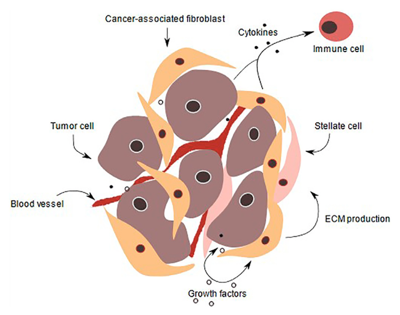Microfluidic Platforms for High-Throughput Pancreatic Ductal Adenocarcinoma Organoid Culture and Drug Screening

Leiden, December 29, 2021 – Scientists from MIMETAS published an article on using microfluidic platforms for modelling and studying Pancreatic Ductal Adenocarcinoma and as translational models for drug screening. Their work was published in Frontiers in Cell and Developmental Biology.
sease is Organ-on-a-Chip technology.in vitro microenvironment is challenging. As such, most in vitro PDAC models have limited translational relevance, as these fail to imitate relevant aspects of the tumor microenvironment. In vivo methods, on the other hand, are time- and cost-intensive, pose ethical problems, and in some cases lack cell-interaction with other cell types. Altogether, there is an urgent need for novel and innovative PDAC modeling systems. A promising platform to effectively model this disease is Organ-on-a-Chip technology.
In this publication, MIMETAS scientists discuss current methods used to study PDAC and highlight the advantages of Organ-on-a-Chip technology for modelling bio- and physicochemical features of the disease. They also underscore its use as translational models that enable high-throughput phenotypic drug screenings, whilst also supporting the development of novel personalized models used to identify treatment responsive patient subsets. Given the potential application of translational Organ-on-a-Chip based models, these platforms could revolutionize PDAC research and are expected to positively impact drug discovery and development programs.
